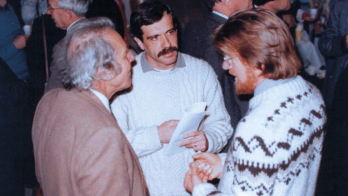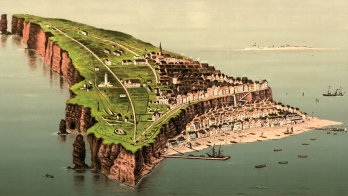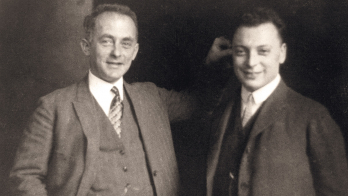By Thomas König
Polity Press
Established in 2007 to fund frontier-research projects, the European Research Council (ERC) has quickly become a fundamental instrument of science policy at European level, as well as a quality standard for academic research. This book traces the history of the creation and development of the ERC, drawing on the first-hand knowledge of the author, who was scientific adviser to the president of the ERC for four years. It covers the period between the early 2000s – when a group of strong-minded scientists pushed the idea of allocating (more) money to research projects selected for the quality of the proposals, judged by independent, competent and impartial reviewers – and when the first ERC programme cycle was concluded in 2013.
The author is particularly interested in the politics behind those events and shows how the ERC could translate into reality thanks to the fact that the European Commission decided to support it, using a much more strategic, planned and technical approach. He also describes the way that the ERC was implemented and the creation of its scientific council, discusses the “hybrid” nature of the ERC – being somewhere between a programme and an institution – and the consequent frictions in its early days, as well as the process to establish a procedure for selecting applications for funding.
While telling the story of the ERC from a critical perspective and examining its challenges and achievements, the book also offers a view of the relationship between science and policy in the 21st century.








